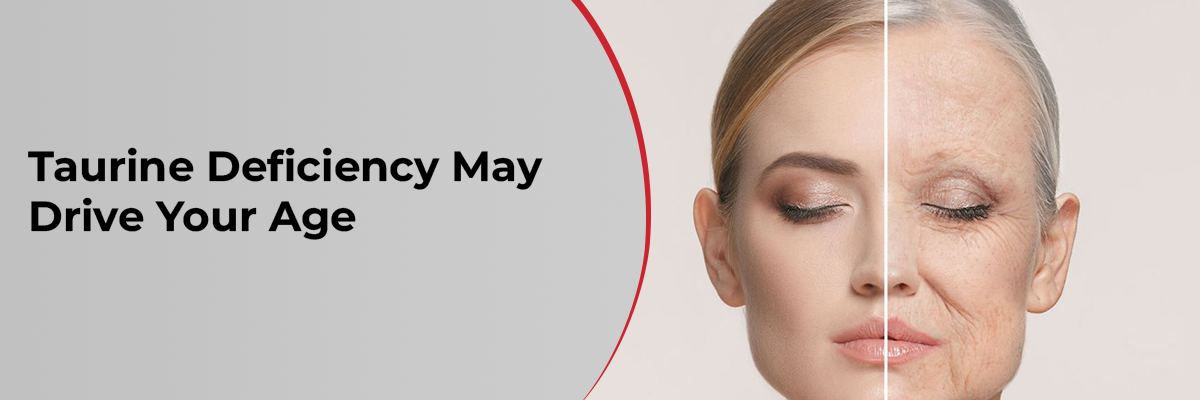
 IJCP Editorial Team
IJCP Editorial Team
Taurine Deficiency May Drive Your Age
A new study published in the journal Science has revealed that deficiency of taurine, a nutrient produced in the body and found in foods such as meat, dairy, and fish, maybe a key driver of Aging. Vijay Yadav, an assistant professor of genetics and development at Columbia University Vagelos College of Physicians and Surgeons in the US, and his team made a discovery that administering taurine externally slowed down aging in mice and monkeys while improving their overall health.
After conducting experiments on mice that received taurine supplements for a year, researchers observed that taurine increased the average lifespan of female mice by 12% and male mice by 10%. In human years, this translated to an additional three to four months of life, equivalent to seven or eight years.
Furthermore, the researchers noted several health benefits in the mice, including reduced age-associated weight gain in female mice, enhanced energy usage, improved bone mass, and increased muscle strength. Taurine supplementation also led to lower levels of depression-like and anxious behaviors, improved insulin resistance, and a more youthful-looking immune system.
While it is yet unknown if taurine supplements can enhance human health and longevity, the researchers observed promising outcomes in two experiments they conducted.
In the first experiment, Yadav and his team studied approximately 12,000 European adults aged 60 and above, analyzing their taurine levels and around 50 health parameters. Higher taurine levels were associated with better health, including fewer cases of type 2 diabetes, reduced obesity levels, lower hypertension rates, and decreased inflammation.
Yadav emphasized that the results suggest a possible contribution of taurine deficiency to human Aging, although causation has not been established.
The second experiment explored taurine's response to health improvement interventions, specifically exercise. Taurine levels significantly increased in both male athletes and sedentary individuals after a strenuous cycling workout, indicating that exercise may boost taurine levels and offer associated health benefits.
Yadav recommended that taurine be considered for clinical trials as a potential anti-aging drug, along with other substances like metformin, rapamycin, and NAD analogs.

IJCP Editorial Team
Comprising seasoned professionals and experts from the medical field, the IJCP editorial team is dedicated to delivering timely and accurate content and thriving to provide attention-grabbing information for the readers. What sets them apart are their diverse expertise, spanning academia, research, and clinical practice, and their dedication to upholding the highest standards of quality and integrity. With a wealth of experience and a commitment to excellence, the IJCP editorial team strives to provide valuable perspectives, the latest trends, and in-depth analyses across various medical domains, all in a way that keeps you interested and engaged.









.jpg)










Please login to comment on this article